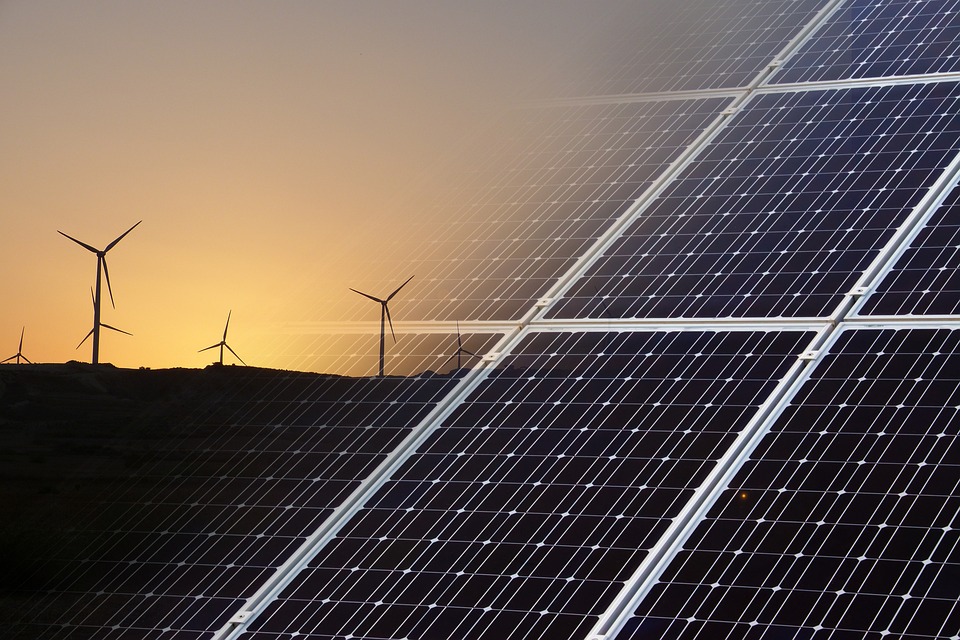100% clean energy refers to the use of renewable energy sources to meet all of our energy needs. This means eliminating the use of fossil fuels, which are a major contributor to climate change and air pollution. By transitioning to clean energy sources such as wind, solar, and hydropower, we can reduce our carbon footprint and create a more sustainable future.
Benefits of 100% Clean Energy
There are many benefits to transitioning to 100% clean energy. One of the most significant benefits is the reduction of greenhouse gas emissions, which are the primary cause of climate change. By using renewable energy sources, we can significantly reduce our impact on the environment and help mitigate the effects of global warming.
Additionally, clean energy sources are abundant and readily available, making them a more sustainable option than finite fossil fuels. Renewable energy also creates jobs in the growing green energy sector, stimulating economic growth and providing opportunities for workers in the renewable energy industry.
Challenges to Achieving 100% Clean Energy
While there are many benefits to transitioning to 100% clean energy, there are also challenges that must be overcome. One of the biggest challenges is the upfront cost of transitioning to renewable energy sources. While the cost of renewable energy technologies has decreased in recent years, there is still an initial investment required to build the infrastructure needed to support clean energy production.
Another challenge is the intermittency of renewable energy sources such as wind and solar. Unlike fossil fuels, which can be used whenever needed, renewable energy sources are dependent on natural factors such as sunlight and wind. This can make it more difficult to maintain a reliable energy supply using only renewable sources.
Conclusion
Transitioning to 100% clean energy is a crucial step towards creating a more sustainable future. By eliminating our reliance on fossil fuels and investing in renewable energy sources, we can reduce our impact on the environment and help combat climate change. While there are challenges to overcome, the benefits of clean energy far outweigh the costs. It is up to us to take action and make the switch to clean energy to secure a healthier, cleaner future for generations to come.

Kyle Whyte is a notable scholar and professor at the University of Michigan, holding positions such as the George Willis Pack Professor in the School for Environment and Sustainability and Professor of Philosophy. Specializing in environmental justice, his work critically examines climate policy and Indigenous peoples’ ethics, emphasizing the nexus between cooperative scientific endeavors and Indigenous justice. As an enrolled Citizen Potawatomi Nation member, he brings a vital perspective to his roles as a U.S. Science Envoy and member of the White House Environmental Justice Advisory Council. His influential research is supported by various prestigious organizations including the National Science Foundation, and disseminated through publications in high-impact journals. Kyle actively contributes to global Indigenous research methodologies and education, with affiliations to numerous institutes and societies dedicated to traditional knowledge and sustainability. Recognized for his academic and community engagement, Kyle has earned multiple awards and served in various visiting professorships. His efforts extend to leadership positions on boards and committees focused on environmental justice nationwide.
